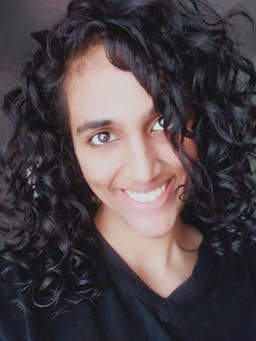Make the bed. Lie in it.
Jan 21, 2015
Story
There is no dearth of outrage for what the Taliban did to Malala, and that is not just understandable, but also, the right reaction. The young child was the scion of a plight that not just the girls of Afghanistan suffer, but many others too, world over. But what the world knows little of is Rehana Haleem, the sister of Ataullah Khan, the prime suspect in Malala’s shooting.
Rehana Haleem tendered an unconditional apology to Malala, in an interview to CNN. I am reproducing her words below for those who haven’t had a chance to read it or hear of it, just yet:
“Please convey a message to Malala that I apologise for what my brother did to her. I’d like to express my concern for Malala on behalf of my whole family; I hope she recovers soon and returns to a happy and normal life as soon as possible. I hope Malala doesn’t consider me or my family as enemies. I don’t consider Atta Ullah my brother anymore.”
If Rehana hadn’t spoken out, the world would have condemned her for being the sister of the prime suspect. Rehana would have been pockmarked for what her brother did, which was neither her fault, nor her choice.
A criminal’s family is also criminalized - as the mere filial bond that links the offender to his family is enough to spark off hatred. Which is perhaps understandable if one can comprehend that anger is often blind. However, it is this blind rage that makes us take an eye for an eye, and a tooth for a tooth. A lot of studies and personal stories show how many people took to militancy and terrorism to avenge the horrors their own families went through. Plenty of instances reveal troubled childhoods, painfully difficult conditions that are imposed on some when others amass wealth without compunction and utter marginalization that goes into creating a cycle of terror. And this cycle is decrepit – it is nothing new, it is not a trend, and it is certainly not a fad.
What Rehana’s apology does is to send us a deep message: that we should not judge an individual by his or her relations, affiliations or ascribed status. I may be of a certain ethnicity, I may be from a certain part of the world, I may be related to a certain someone that the world has on its most-wanted list, I may be from a certain cultural background – but truly, none of that makes me who or what I truly am. It is my choices that make me what I am, it is my decisions from free-will and discretion that make me who I am.
Take a sheet of paper. Draw two stick figures.
What do you see?
Does your drawing show you that one person is bad, and the other is good? Does your drawing show you their religion, their culture, their ethnicity, their colour, their race?
Take a moment. Draw a flower in the hand of one stick figure, and a gun in the hand of the other.
Does this show you anything? Does it paint a clearer picture?
It does, doesn’t it?
Life is like that. Whether we choose the flower or the gun – the choice is ours. And it is our choices that make us who we are. For all we know, the one with the flower may be a twin of the one with the gun – can we, really, punish the one with the flower for what the one with the gun does?
With the power of choice, we can make a huge difference. We can either allow the circle of hatred to continue, etching malaise deeply into the hearts of ourselves, or, we can break the circle. Once, and for all.
Albus Dumbledore’s words come to mind. “It is our choices...that show what we truly are, far more than our abilities.”




